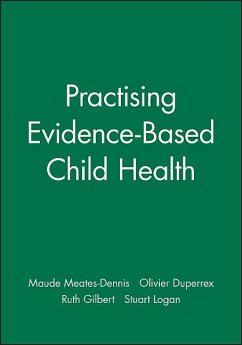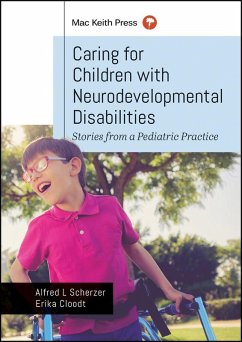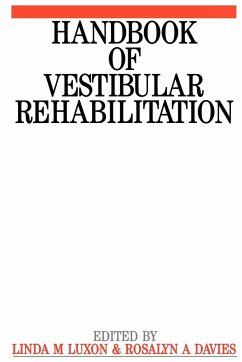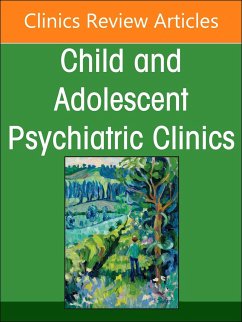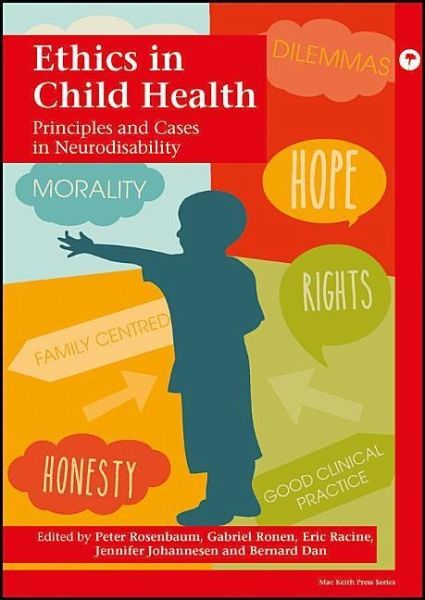
Ethics in Child Health
Principles and Cases in Neurodisability

PAYBACK Punkte
27 °P sammeln!
Have you ever * Wondered how to deal with a family that repeatedly fails to keep clinic appointments? * Disagreed with colleagues over a proposed course of treatment for a child? * Considered ways to 'bump' a child on a waiting to speed up their assessment? These are a few of the scenarios faced by clinicians in neurodisability on a daily basis. Ethics in Child Health explores the ethical dimensions of these issues that have either been ignored or not recognised. Each chapter is built around a scenario familiar to clinicians and is discussed with respect to how ethical principles can be utilis...
Have you ever * Wondered how to deal with a family that repeatedly fails to keep clinic appointments? * Disagreed with colleagues over a proposed course of treatment for a child? * Considered ways to 'bump' a child on a waiting to speed up their assessment? These are a few of the scenarios faced by clinicians in neurodisability on a daily basis. Ethics in Child Health explores the ethical dimensions of these issues that have either been ignored or not recognised. Each chapter is built around a scenario familiar to clinicians and is discussed with respect to how ethical principles can be utilised to inform decision-making. Useful "Themes for Discussion" are provided at the end of each chapter to help professionals and students develop practical ethical thinking. Ethics in Child Health offers a set of principles that clinicians, social workers and policy-makers can utilise in their respective spheres of influence.




